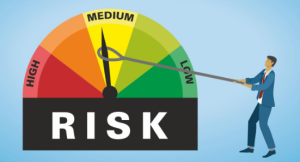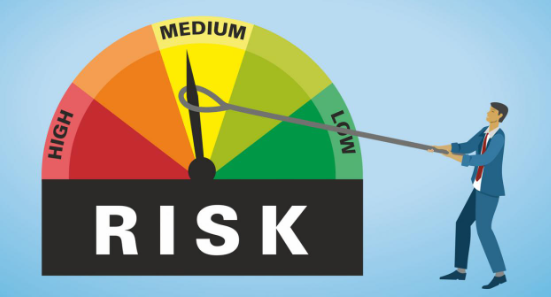For any company director, there may come a point where they’re asked to provide a director guarantee on behalf of the company. There are a variety of situations when this might occur.

What is the purpose/benefit of a director guarantee?
One of the key reasons why individuals will seek to create a limited company is to protect themselves personally so that they do not become liable for debts if the company is unable to pay. While this may be beneficial to the directors themselves, it does not offer the necessary security to third parties, such as a bank that has been asked to provide an overdraft facility, for example.
Providing a director guarantee may enable a new company to access funding or enter into agreements that it would not otherwise be able to do. For example, a new company may want to set up a lease in order to be able to trade. However, a director guarantee will be required for the landlord to be willing to enter into such a transaction.
There is also the argument that if all the directors have signed personal guarantees, they are more likely to be enthusiastic about working together for the success of the company as they have something to lose personally should it fail.
Risks of a Director Guarantee
Although there are some benefits with the director guarantee and it may be a necessary part of starting up a company, there are risks and processes that need to be both understood and followed. One of the crucial aspects of this is the need to obtain independent legal advice from a qualified solicitor, such as https://www.parachutelaw.co.uk/director-guarantee, who is distinct from the solicitor advising the company
There will be a cost attached to this. However, it should be relatively controlled and should be a matter that could potentially be supported by the company.

The key risk, however, is the personal liability that the director now has for the debts of the limited company relating to that transaction.


